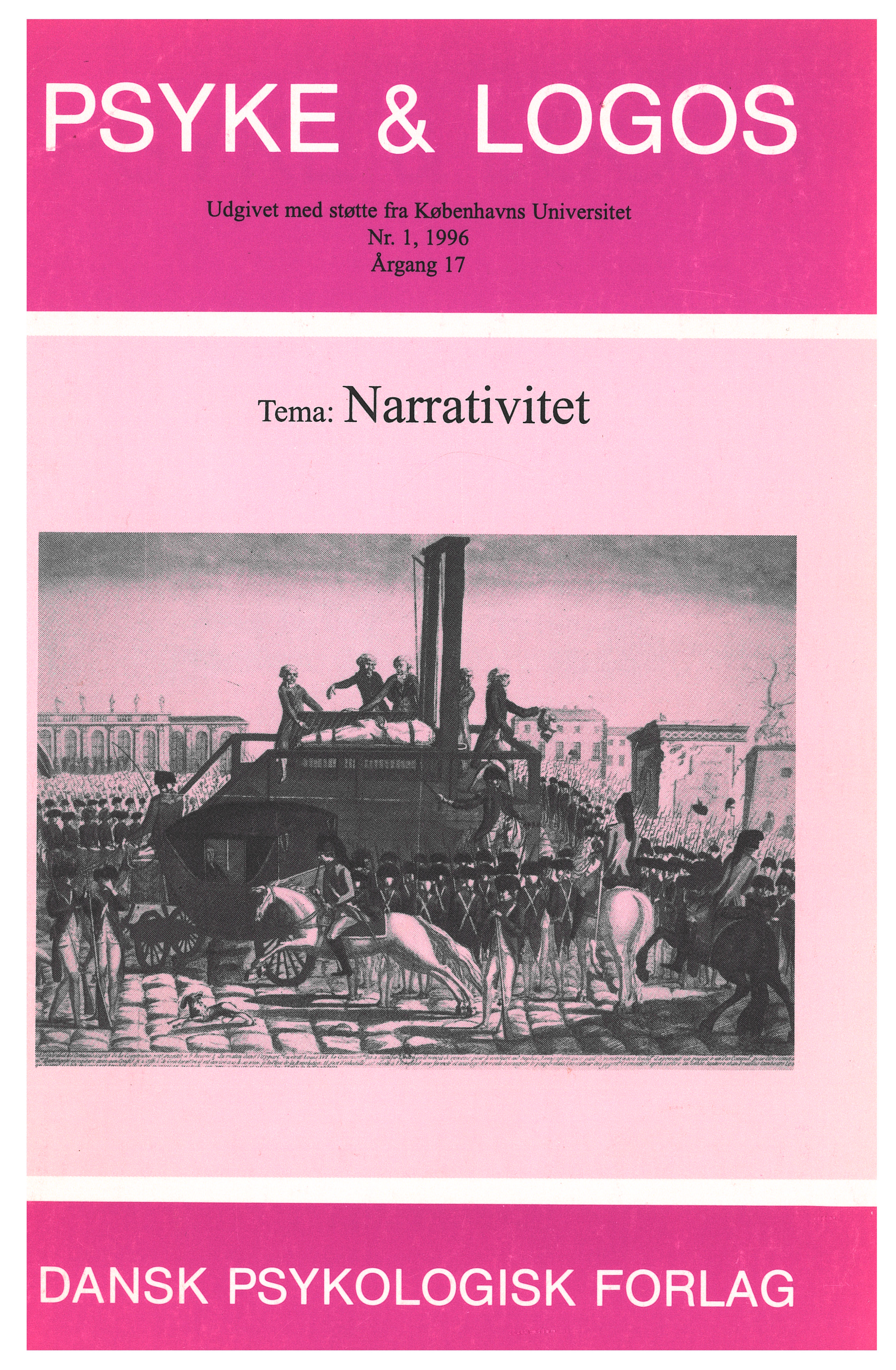EVANGELIEFORTÆLLINGEN
Fiktion forklædt som virkelighed eller virkelighed forklædt som fiktion?
DOI:
https://doi.org/10.7146/pl.v17i1.133295Abstract
Is the gospel narrative, for example Mark's Gospel, reality or fiction? Is it a reliable historical account of real events or the product of a mythomaniac fantasy? The question stands with separate intensity, since Mark's Gospel - as the other gospel narratives as well - claims to be reality, but at the same time has to be considered as a fantastic fictional narrative from a semio-literary point of view. This way of presenting the problem, however, is not alien to the gospel narrative itself, because the question of truth and lie pervades it from beginning to end. Thus Mark's Gospel provides its reader with four different interpretations of Jesus' death, seen now as execution or murder now as sacrifice or suicide. Ironically, the transparent truth will not be revealed but on the Day of Judgment. The objective truth, the obviousness, is
eschatologically postponed; the reader himself has to be at stake in making his decision. By his own judgment the reader will reveal his personal being, a being, however, already interpreted by the judgment of the narrative: now to refusal (or falling) now to acceptance (or rising).
Downloads
Published
How to Cite
Issue
Section
License
Ophavsret er tidsskriftets og forfatternes. Det er gældende praksis, at artikler publiceret i Psyke & Logos, som efterfølgende oversættes til andet sprog, af forfatteren frit kan publiceres i internationale tidsskrifter, dog således at det ved reference fremgår, at den oversatte artikel har et forlæg i en dansksproget version i Psyke & Logos. Artikler kan frit deles og linkes til på forsknings- og undervisningsnetværk (så som Blackboard). Link foretrækkes, fordi det giver oplysning om brug af tidsskriftets artikler.




